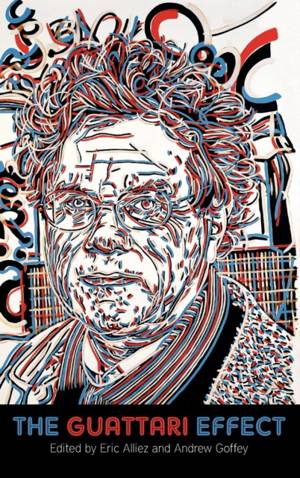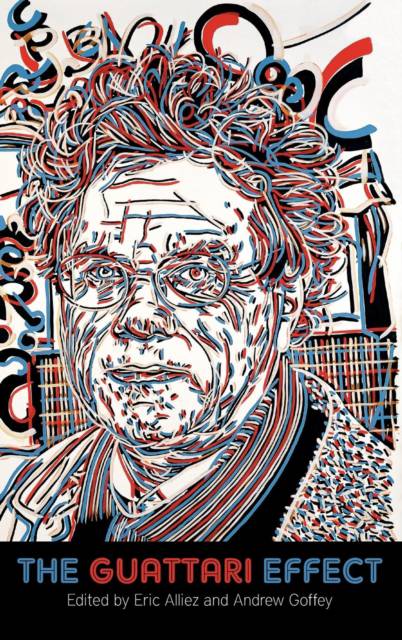
Bedankt voor het vertrouwen het afgelopen jaar! Om jou te bedanken bieden we GRATIS verzending (in België) aan op alles gedurende de hele maand januari.
- Afhalen na 1 uur in een winkel met voorraad
- In januari gratis thuislevering in België
- Ruim aanbod met 7 miljoen producten
Bedankt voor het vertrouwen het afgelopen jaar! Om jou te bedanken bieden we GRATIS verzending (in België) aan op alles gedurende de hele maand januari.
- Afhalen na 1 uur in een winkel met voorraad
- In januari gratis thuislevering in België
- Ruim aanbod met 7 miljoen producten
Zoeken
Omschrijving
The Guattari Effect brings together internationally renowned experts on the work of the French psychoanalyst, philosopher and political activist F;lix Guattari with philosophers, psychoanalysts, sociologists and artists who have been influenced by Guattaris thought. Best known for his collaborative work with Gilles Deleuze, Guattaris own writings are still a relatively unmined resource in continental philosophy. Many of his books have not yet been translated into English. Yet his influence has been considerable and far-reaching. This book explores the full spectrum of Guattaris work, reassessing its contemporary significance and giving due weight to his highly innovative contributions to a variety of fields, including linguistics, economics, pragmatics, ecology, aesthetics and media theory. Readers grappling with the ideas of contemporary continental philosophers such as Badiou, ek and Rancire will at last be able to see Guattari as the extraordinary philosopher Deleuze claimed him to be, with his distinctive radical ideas about the epoch of global deterritorialization we live in today, forged within the practical contexts of revolutionary politics and the materialist critique of psychoanalysis.
Specificaties
Betrokkenen
- Auteur(s):
- Uitgeverij:
Inhoud
- Aantal bladzijden:
- 320
- Taal:
- Engels
Eigenschappen
- Productcode (EAN):
- 9781441121974
- Verschijningsdatum:
- 1/09/2011
- Uitvoering:
- Hardcover
- Formaat:
- Ongenaaid / garenloos gebonden
- Afmetingen:
- 156 mm x 234 mm
- Gewicht:
- 625 g

Alleen bij Standaard Boekhandel
+ 179 punten op je klantenkaart van Standaard Boekhandel
Beoordelingen
We publiceren alleen reviews die voldoen aan de voorwaarden voor reviews. Bekijk onze voorwaarden voor reviews.









